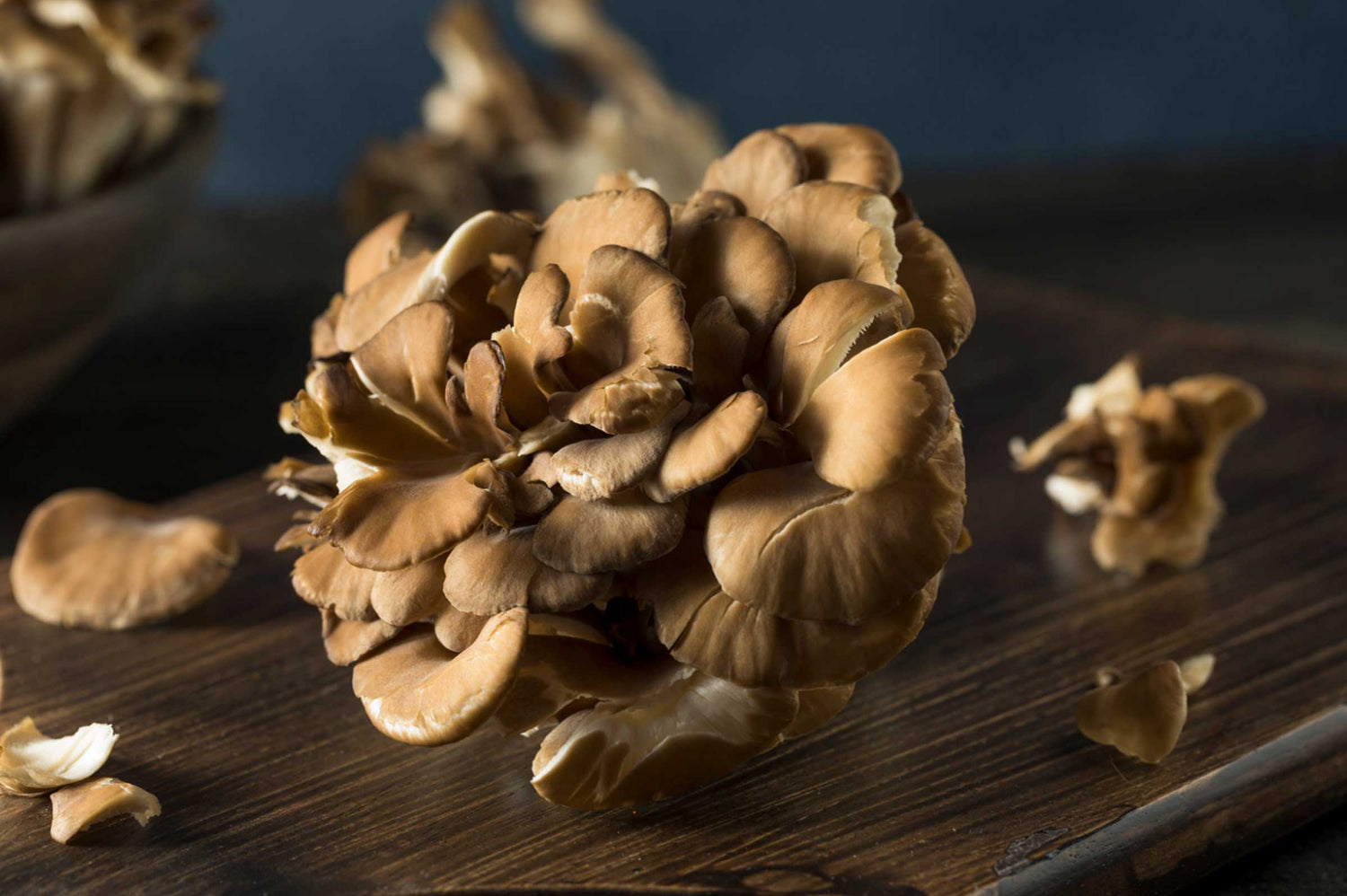Canine cancer is a heartbreaking diagnosis that affects thousands of dogs and their families each year. While conventional treatments like chemotherapy and radiation are common, many pet owners are exploring natural remedies to support their dog's health. One such natural remedy gaining attention is the maitake mushroom, renowned for its potential immune-boosting properties. In this comprehensive guide, we'll delve into how maitake mushrooms may help in the fight against canine cancer and enhance your dog's overall well-being.
Understanding the potential benefits of natural supplements is crucial for pet owners seeking holistic approaches to their dog's health. By integrating maitake mushrooms into your dog's care regimen, you may provide additional support to their immune system. Let's explore the science behind maitake mushrooms and how they could make a difference in your canine companion's life.
The Science Behind Maitake Mushrooms
Maitake mushrooms, scientifically known as Grifola frondosa, have been used in traditional medicine for centuries. Rich in beta-glucans, these mushrooms are believed to stimulate the immune system by activating immune cells like macrophages and natural killer cells. This immune response is essential in identifying and combating abnormal cells in the body.
Recent studies have focused on the potential anti-cancer properties of maitake mushrooms. Research suggests that the beta-glucans in maitake mushrooms may inhibit tumor growth and enhance the effectiveness of conventional cancer treatments. While more studies are needed, these findings offer hope for incorporating maitake mushrooms into canine cancer care.
How Maitake Mushrooms Support the Canine Immune System
A strong immune system is vital for dogs battling cancer. Maitake mushrooms may contribute to immune health by promoting the production of immune cells that target cancerous cells. This enhanced immune activity can help slow the progression of cancer and improve the quality of life for affected dogs.
In addition to their immune-boosting properties, maitake mushrooms possess antioxidant effects. Antioxidants combat oxidative stress, which can damage cells and contribute to cancer development. By reducing oxidative stress, maitake mushrooms may help protect your dog's cells from further damage.
Integrating Maitake Mushrooms into Your Dog's Diet
Incorporating maitake mushrooms into your dog's diet can be done through supplements specifically designed for pets. These supplements ensure the appropriate dosage and purity suitable for canine consumption. It's important to choose high-quality products that have been tested for safety and efficacy. Be sure to follow the dosing instructions on the product, and maintain consistency with using the supplement.
Maitake Mushrooms and Conventional Cancer Treatments
Combining natural supplements like maitake mushrooms with conventional cancer treatments may offer a complementary approach to care. Some studies suggest that maitake mushrooms can enhance the effectiveness of chemotherapy and reduce its side effects. This synergy could lead to better treatment outcomes and improved comfort for your dog.
However, it's essential to communicate with your veterinarian about all supplements your dog is taking. They can assess potential interactions with medications and adjust treatment plans accordingly. This integrated care model supports your dog's health from multiple angles.
Choosing the Right Maitake Mushroom Supplement
Selecting a reputable maitake mushroom supplement is crucial for your dog's safety and health. Look for products that use organic mushrooms and have undergone third-party testing for quality assurance. Supplements like VetSmart Formulas Critical Immune Defense are formulated specifically for pets, ensuring they receive the benefits without unnecessary additives.
Consider the form of the supplement as well—powders, capsules, or chewable treats may be available. Choose a format that is easy for you to administer and palatable for your dog. Consistent supplementation is key to maximizing the potential benefits.
Conclusion
Exploring natural remedies like maitake mushrooms offers a promising avenue for supporting your dog's fight against cancer. By potentially enhancing the immune system and complementing conventional treatments, maitake mushrooms can play a role in improving your dog's quality of life.
Give your dog the best chance in their battle against cancer. Consider incorporating VetSmart Formulas Critical Immune Defense into their wellness regimen. This high-quality supplement harnesses the power of maitake mushrooms to support your dog's immune health. Order now and take a proactive step towards enhancing your dog's well-being.










